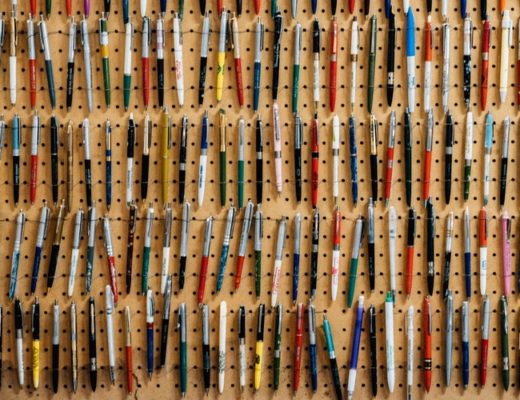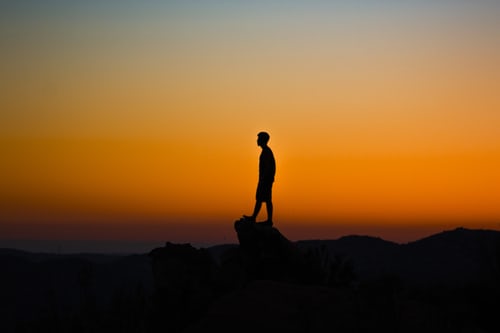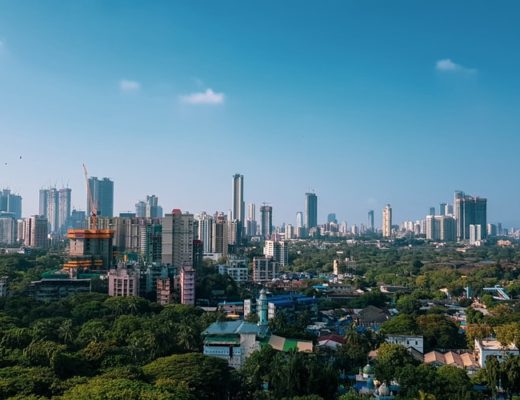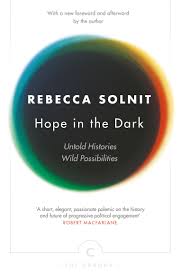Doubts and questions happen to be the most important items in any learner’s toolkit. Few other combinations helped mankind to advance as a species. Having said that we should not be under the illusion that doubts and questions come very easy to man as there lot of people who dream a world without doubts and questions. At this moment when the relevance and role of doubts and questions are challenged continuously, here is a small tribute to both. A sceptical and questioning mind could be the two most desirable qualities for anyone trying to live today.
Doubts, questions and the making of knowledge
A lot of people call this a knowledge age and none can dispute the fact we have an abundance of knowledge at our disposal now. This knowledge society remains a fairly democratic one too with knowledge being more universal and easily accessible to all to a great extent today. However, this abundance brings its own challenges and we really have a problem in processing and utilising this knowledge for the greater advantage of mankind. Ironically, there was also never a time when fake knowledge and genuine knowledge competed equally for human attention. Never before we had encountered such a huge production of falsehood and propaganda which has the power to influence human sensibilities and desires in unimaginable ways. In this context, the toughest challenge today is not to accumulate more and more knowledge but to use it prudently for the benefit of mankind.
The largest community of questioning minds in this world are its children. One of the most visible symptoms that we have passed childhood may be the declining quantum of our doubts and questions. Most of us become more credulous, ask less, loathe disruption and withdraws to the quiet world of certainties. As Theodor Zeldin observes in ” The hidden pleasures of life “, everyone is taught obedience at school and rebellion or questioning mind is an untutored instinct, rarely rewarded.” The first step towards creating a nation of thinking individuals is to teach our children to embrace doubts and questions with more passion. A student who asks more questions is likely to do well in life than the one who scores more in examinations. The legendary physicist and teacher Richard Feynman told teachers. “ Don’t just teach your students to read. Teach them to question what they read, what they study. Teach them to doubt. Teach them to make mistakes and learn from them.”. When your children return home, ask them what they asked in school. Make them understand that asking questions is the most natural thing for a student and searching reasons for what they observe is the best method of learning. Tell them that having doubts about what they learnt is the path to excellence. They need not mix reverence to teachers and the freedom to ask. Let them clearly understand that believing just about anything without any reason or evidence is no virtue.
Negotiating religion, democracy and almost anything
The most fertile ground for religious and other sorts of fundamentalism is people who don’t question anything. A gullible population is a dictator’s delight. Primo Levi, the renowned Italian writer and holocaust survivor wrote, “Monsters exist, but they are too few in number to be truly dangerous. More dangerous are the common men, the functionaries ready to believe and to act without asking questions. “ We are living in an age when different varieties of religious fundamentalism and nationalistic passions are fuelling unrest and competing with each other to make life difficult in many parts of the world. Most brands of religious fundamentalism begin from the simple conviction of its believers that only they possess the truth. If only the believer is ready to introspect and question his own belief systems with an open mind he won’t be thirsting for the blood of another believer.
Nationalistic feelings and extremely conservative politics arose in many countries as an answer to the increased feelings of identity crisis and apparent threat to one’s own culture and future. Perhaps a few decades ago we imagined a world where nations move towards each other in mutual faith with less obsession for geographical boundaries. But it appears that we have developed more prejudices on the way and more affinity towards all that divides us. Many clever leaders of our time discovered the magic formula of feeding a gullible population with a deadly combo of propaganda and passion to capture and cling on to power. When millions are ready to surrender their natural ability to think, doubt and question we get an immaculate dictatorship masquerading as democracy. Here too, things happen despite education because education without thought serves no purpose.
The finest antidote to religious and other varieties of fundamentalism is the ability for critical enquiry. It’s a readiness to examine every one of our closely held beliefs with a generous dose of scepticism. Out of those sincere questions, one will come out as a better and compassionate human being. Only that can guarantee a primary role for human dignity and individual liberty. Democracy and human freedom will thrive only in such a society. If we stretch it further, we can perhaps see that to address almost any issue confronting the world, from environmental crisis to climate change and from health concerns to economic inequality, we need people who can think creatively, ask intelligent questions, and challenge existing dogmas.
Live the questions
“Letters to a young poet” is a fantastic collection of letters written by a Bohemian-Austrian Poet Rainer Maria Rilke(1875-1926) to a 19-year-old aspiring poet( Franz Xaver Kappus) who was working in a military academy. Franz had a series of correspondence with Rilke for advice on writing poetry and on choosing a career between literature and army. In one of Rilke’s letter we read his glowing tribute to questions. The questions which comes up in our mind which do not get an immediate answer. In Rilke’s words” have patience with everything that is unsolved in your heart and to try to cherish the questions themselves, like closed rooms and like books written in a very strange tongue. …..Live the questions now. Perhaps you will then gradually, without noticing it, one distant day live right into the answer…”. The point is that questions shall remain always important than answers.
Perhaps one may ask, why this raking up of doubts and questions now? Of course, we have known both for a long time. But the question is, how much we apply them in our lives. If only we had utilised the lethal power of both, we would have lived in a different world. .Fundamentalist ideologies would not have recruited people en masse. Socratic argument and debates would have shaped our democracies. A sceptical mind is the best bulwark against the menace of falsehood and fake propaganda. A time has also come to imagine a new education. An education which can nurture young people who are not self-centred and self-absorbed buyers of education but who are armed with the gift of critical enquiry.
Education without developing the skills for scepticism and critical enquiry is wasted. Millions and millions of our young men and women who cherish doubts and questions in their minds can redeem almost any land and bring back hope. Perhaps I can close these thoughts with the closing lines from the magisterial work of Jennifer Michael Hecht on the history of ‘Doubt”. She wrote , “ I hope it is clear now that doubt has such a history of its own , and that to be a doubter is a great old allegiance , deserving quiet respect and open pride. For its longevity, its productivity, its pluck, its warmth, its service to friend and foe , and its sometimes ruthless commitment to demonstrative truth, I give the palm to the story of doubt.”







No Comments